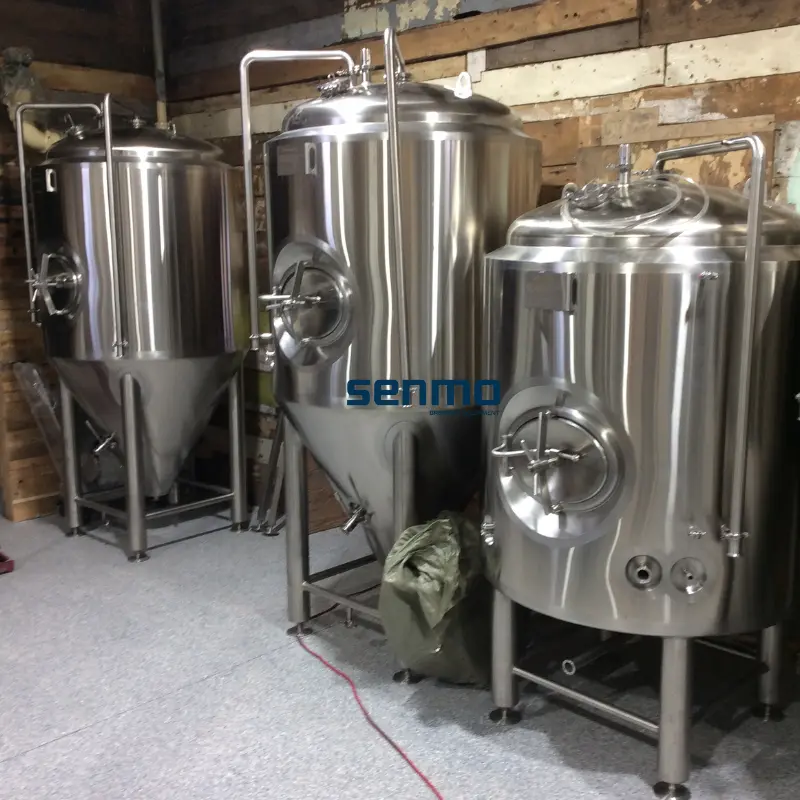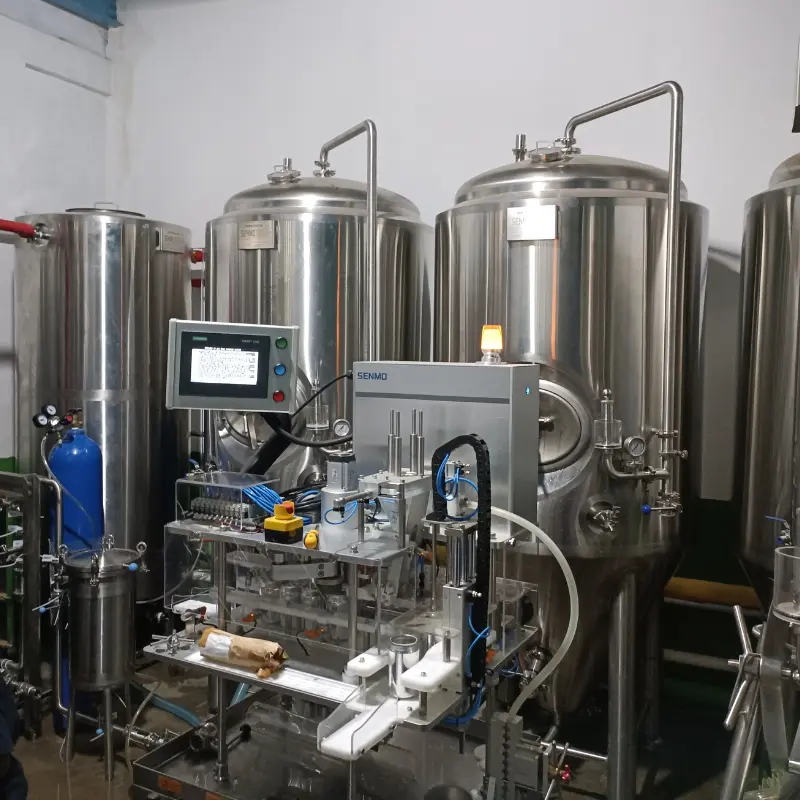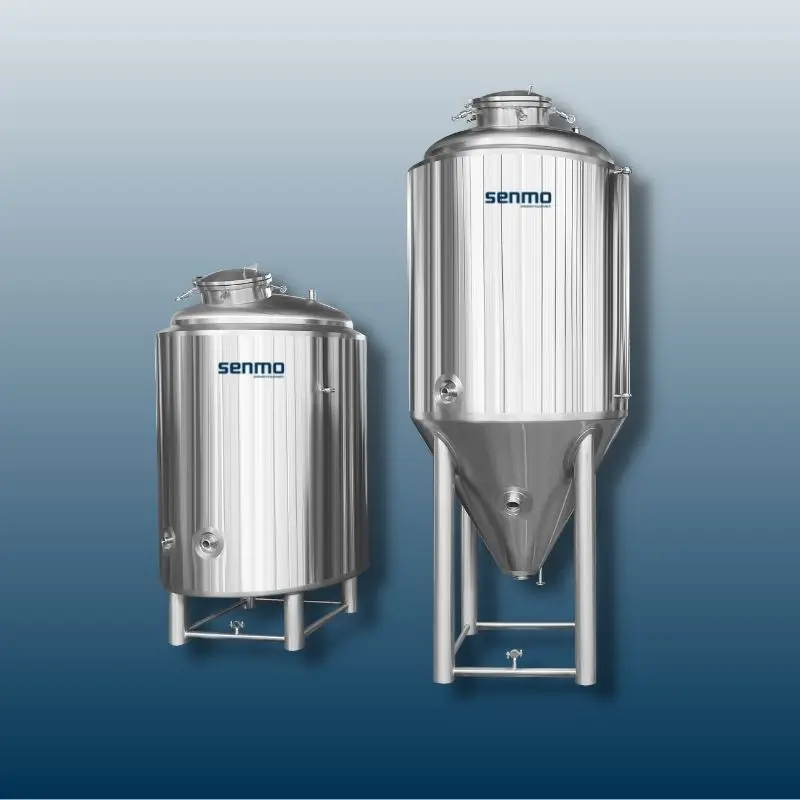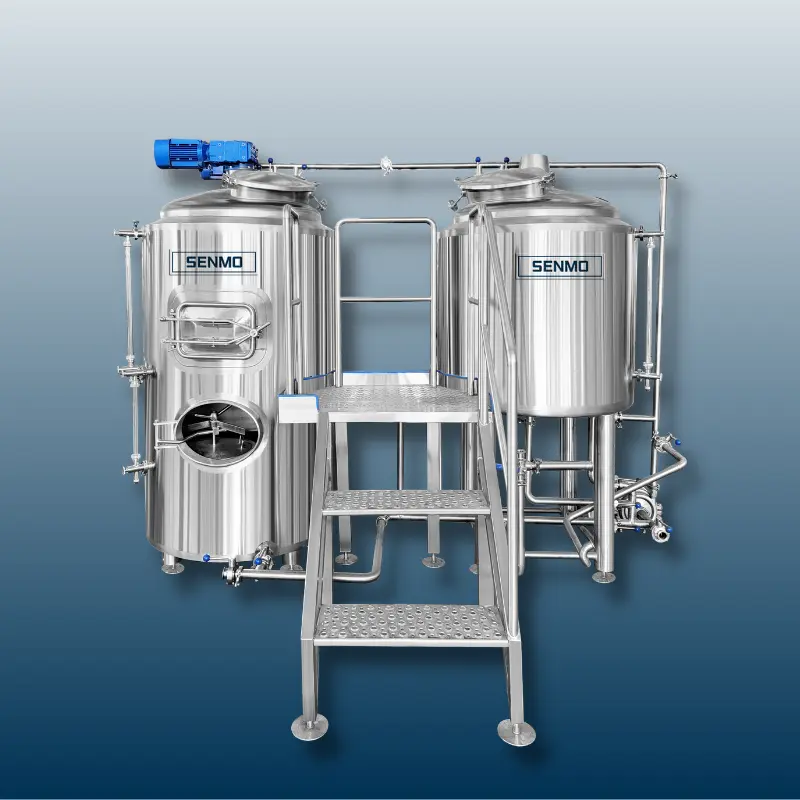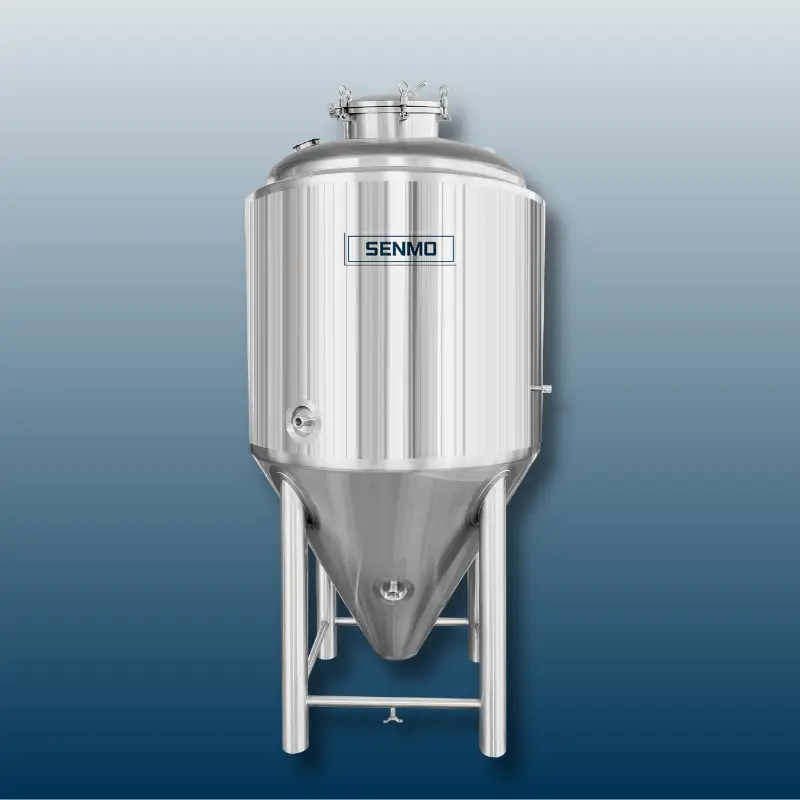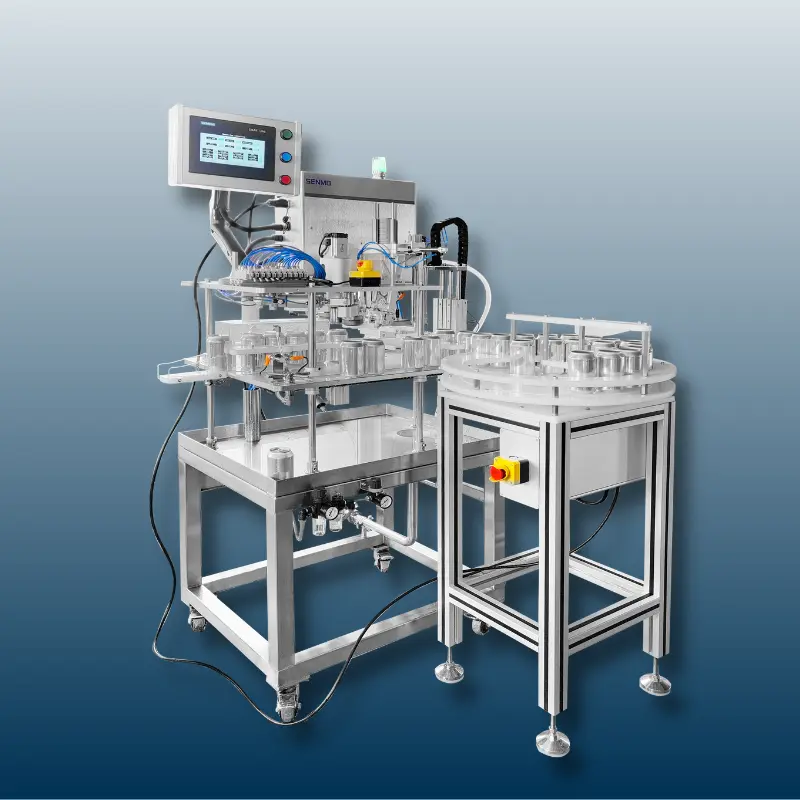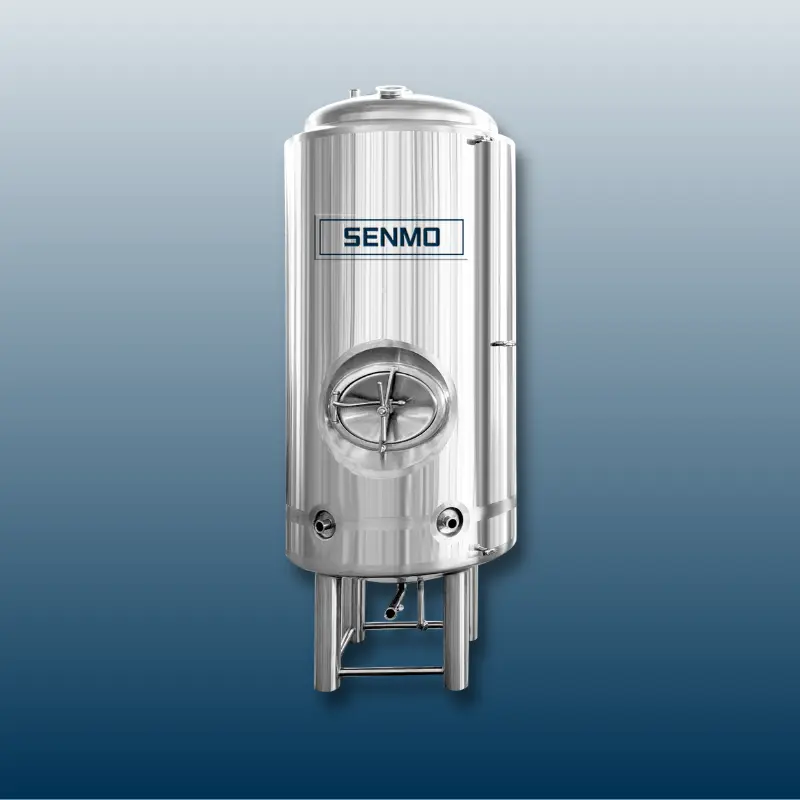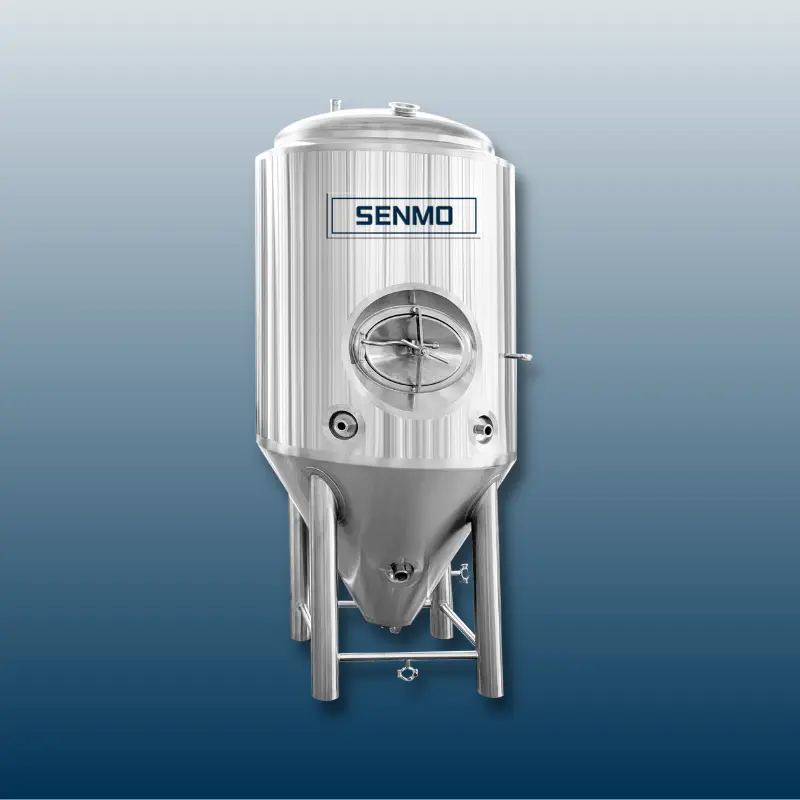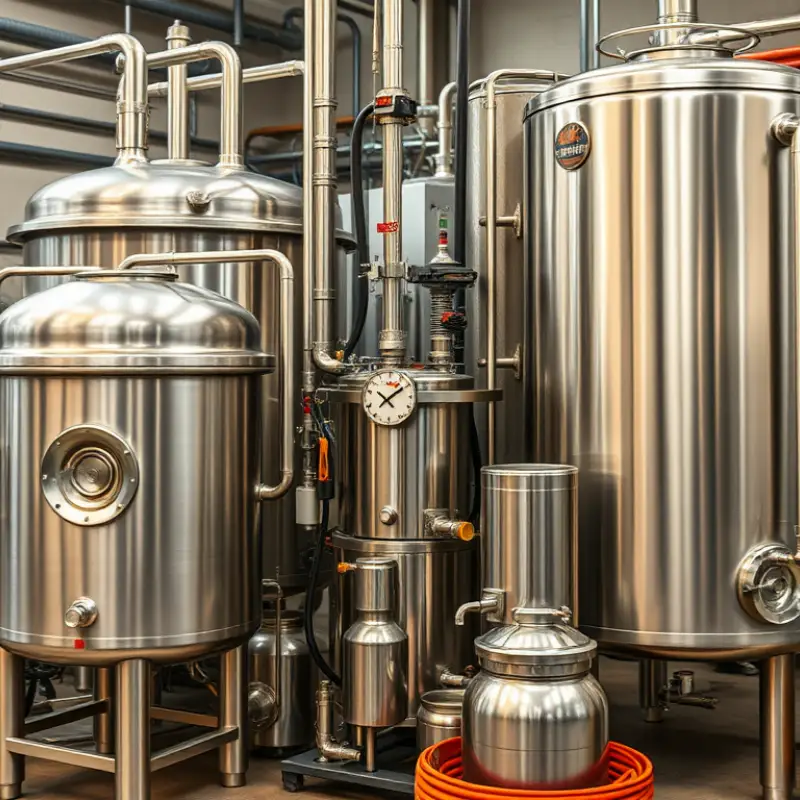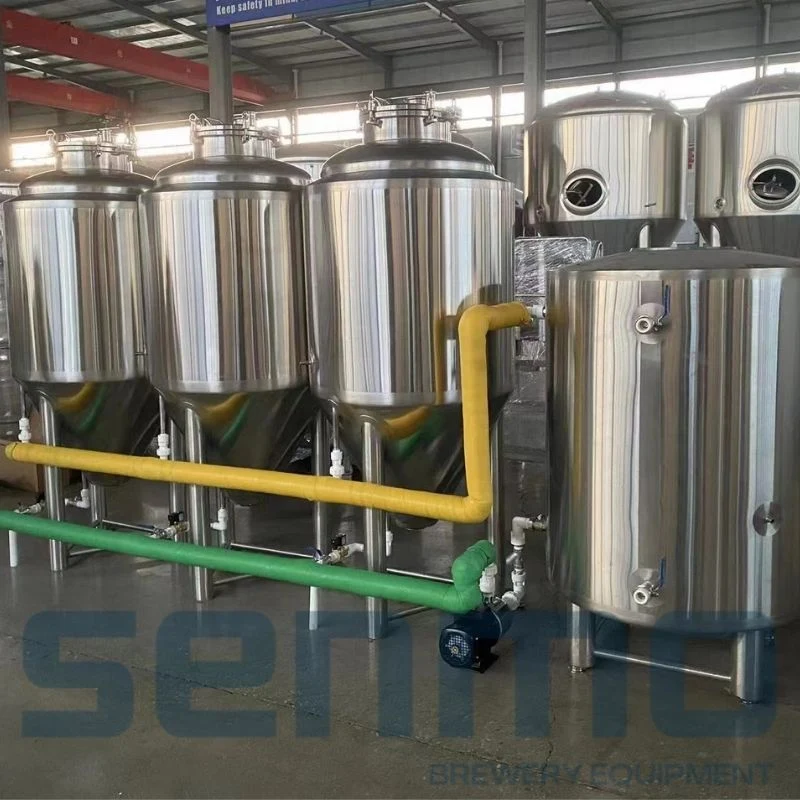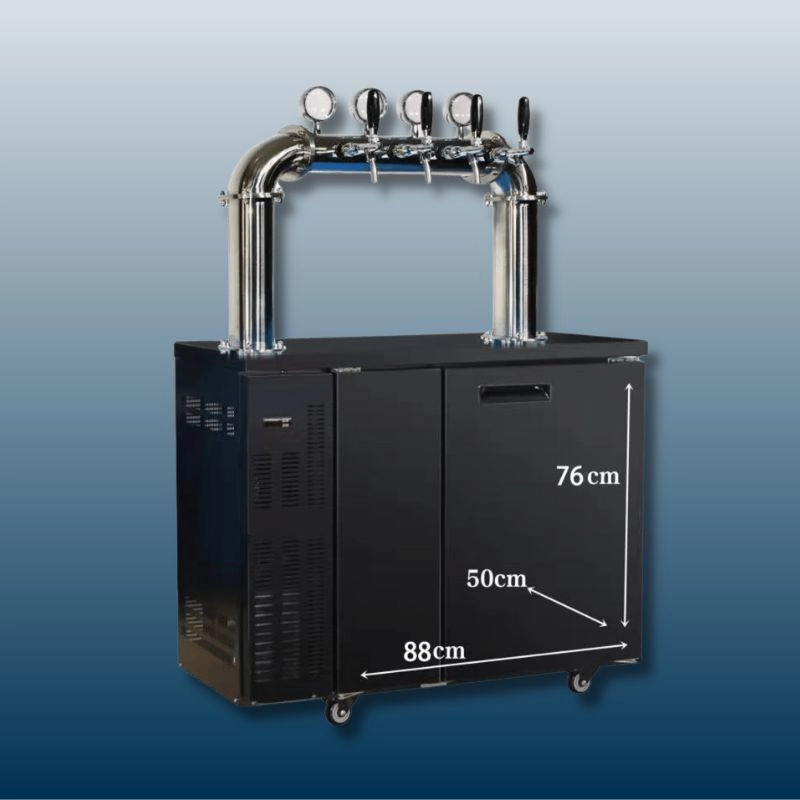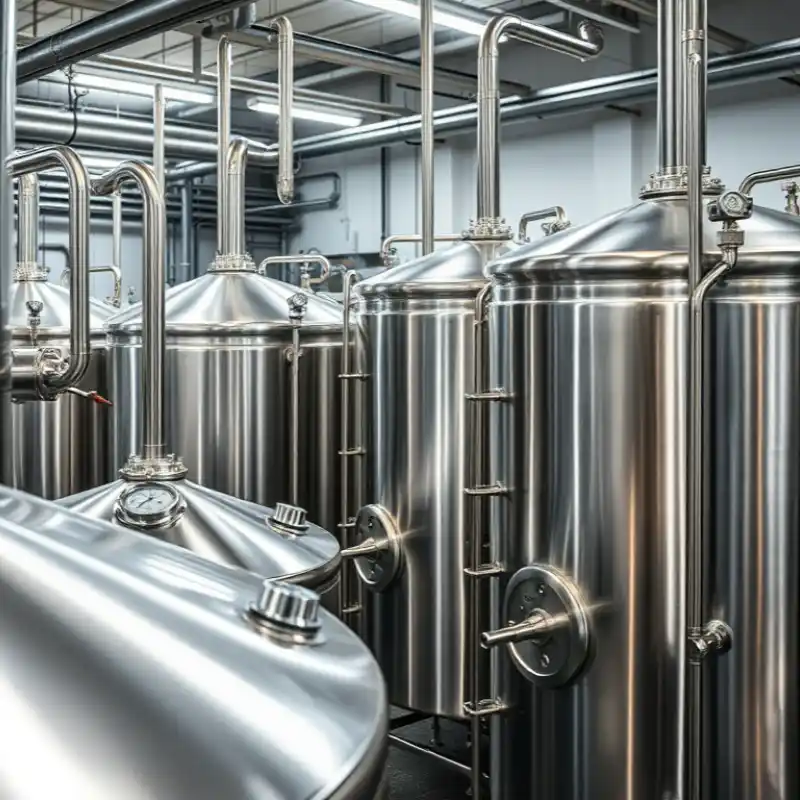Stainless steel beer kegs for microbrewery
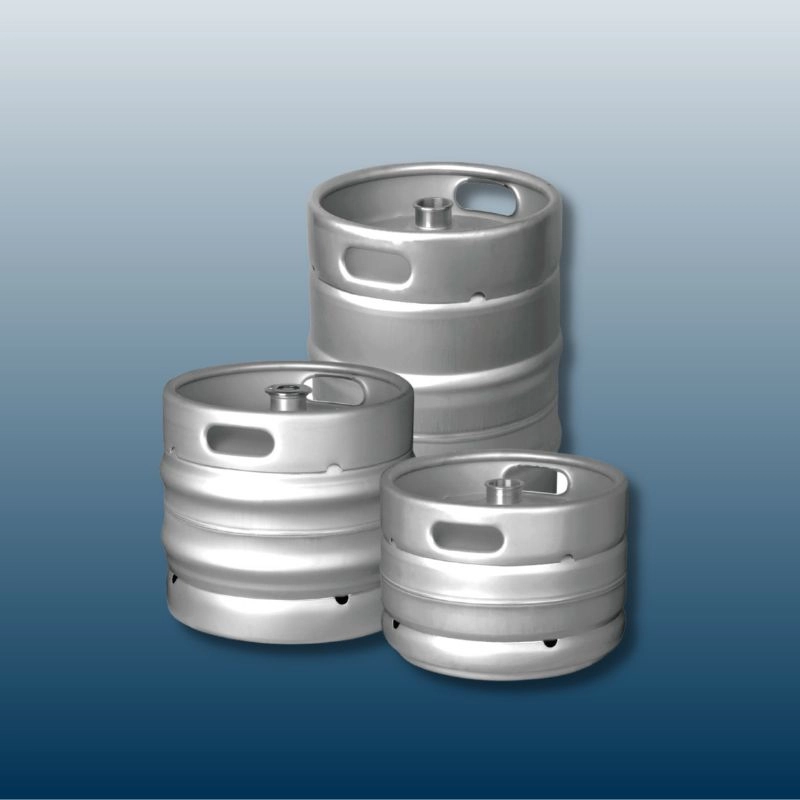
Advantages of Stainless Steel Beer Kegs
Durability
Stainless steel kegs are known for their exceptional durability. They can withstand the rigors of the brewing and transportation process without rusting or corroding, ensuring that your beer remains untainted and safe for consumption.
Hygiene and Sanitation
Stainless steel is non-porous and resistant to bacteria, making it easy to clean and sanitize. This is critical for maintaining the quality and flavor of your beer, as any contamination can affect the taste.
Preservation of Flavor
Stainless steel is inert, meaning it won't react with the beer inside. This preserves the beer's flavor, preventing any unwanted odors or tastes that can occur with other materials.
Aesthetic Appeal
Stainless steel kegs have a sleek and professional appearance, which can enhance the overall image of your microbrewery. They are also easy to label and brand.
Types of Stainless Steel Beer Kegs
Sankey Kegs
Sankey Kegs, also known as Sanke Kegs, are among the most commonly used kegs in the brewing industry, particularly for commercial beer distribution. These kegs are named after their distinctive valve fitting, known as the Sankey valve. Below, we'll provide a detailed overview of Sankey Kegs and why they are popular in the brewing industry.
The defining feature of a Sankey Keg is its D-shaped Sankey valve, which is securely integrated into the keg's top or "spear." This valve serves as the primary connection point for dispensing beer and is designed for quick and secure attachment to draft systems.
The keg body is typically constructed from stainless steel, which is highly durable and resistant to corrosion. It comes in various sizes, with the most common being the half-barrel size, which holds approximately 15.5 gallons (or 58.67 liters) of beer.
One of the main reasons for the widespread use of Sankey Kegs is their standardization. These kegs have become an industry standard, making them compatible with most commercial beer dispensing systems. This compatibility simplifies the logistics of beer distribution and tapping in bars, restaurants, and venues.
Sankey Kegs are designed for efficiency and ease of use. The Sankey valve's design allows for quick and secure connections, reducing the time and effort required to change kegs in a draft system.
The Sankey valve's design also minimizes the risk of leaks, ensuring that beer remains fresh and untainted during distribution and service.
Most breweries and beer distributors use Sankey Kegs to package and transport beer from the brewery to bars, restaurants, and other retail locations. This ensures that the beer arrives at its destination ready to be tapped and served.
Bartenders and staff at venues appreciate the ease of handling Sankey Kegs when connecting them to the draft system. This simplicity reduces the chances of errors and minimizes downtime during busy service hours.
Sankey Kegs come in various types and sizes, including quarter-barrel (7.75 gallons), half-barrel (15.5 gallons), and even larger sizes for high-demand venues.
Like all kegs, Sankey Kegs require regular cleaning and maintenance to ensure the quality and safety of the beer they contain. Breweries and distributors must follow established sanitation protocols to prevent contamination and spoilage.
Sankey Kegs are a crucial component of the commercial beer distribution process due to their standardization, efficiency, and compatibility with draft systems. Their design, particularly the D-shaped Sankey valve, simplifies the handling and dispensing of beer, making them a preferred choice for breweries and establishments serving draft beer.
Cornelius Kegs (Cornys)
Cornelius kegs, often affectionately referred to as "Cornys," are a type of stainless steel keg originally designed for use in the soft drink industry. However, they have gained popularity among homebrewers and some smaller craft breweries due to their convenient design and ease of use.
Cornelius kegs are typically made of stainless steel, making them durable and resistant to corrosion. They come in various sizes, with 5-gallon and 2.5-gallon versions being the most common for homebrewing. These kegs are relatively small compared to standard beer kegs used in commercial settings.
The keg has a removable lid, which allows for easy cleaning, filling, and access to the interior. Some lids have a pressure relief valve to release excess pressure.
Cornelius kegs feature two main ports: one for gas (usually CO2) inlet and another for liquid outlet. These ports are typically equipped with either ball-lock or pin-lock mechanisms, depending on the specific keg model.
Ball-lock Cornelius kegs use a mechanism with two ball bearings on the gas and liquid posts. These are typically color-coded for easy identification (gray for gas and black for liquid). To connect or disconnect, you simply push down and twist the fitting into place or out of place.
Pin-lock Cornelius kegs use a slightly different mechanism with pins on the gas and liquid posts. These are also color-coded (usually blue for gas and black for liquid). To connect or disconnect, you push down and twist the fitting in the same way as ball-lock, but it uses pins instead of balls.
To carbonate and dispense beverages, such as beer or soda, Cornelius kegs require a source of CO2 and a pressure regulator. The pressure is typically regulated to maintain the desired level of carbonation and to dispense the beverage at the proper flow rate.
One of the advantages of Cornelius kegs is their ease of cleaning. The wide opening provided by the removable lid allows for thorough cleaning and sanitizing, which is crucial for homebrewers who want to avoid contamination.
These kegs are versatile and can be used for various beverages, including beer, cider, soda, and even cold-brew coffee. Their compact size makes them suitable for home use and small-scale brewing operations.
While originally designed for the soft drink industry, Cornelius kegs are widely available in the homebrewing community. Many homebrew supply stores sell both new and used Cornelius kegs.
Cornelius kegs are popular among homebrewers and smaller breweries due to their stainless steel construction, ease of use, and compatibility with ball-lock or pin-lock connectors. They provide a convenient way to store, carbonate, and dispense a variety of beverages.
Euro Kegs
Euro kegs, as the name suggests, are a type of keg that is more prevalent in Europe and is specifically designed to be compatible with European keg systems and standards. These kegs are commonly used for storing and dispensing various beverages, including beer, in Europe. Here are some detailed insights into Euro kegs:
Euro kegs come in various sizes to accommodate different quantities of beverages. The most common sizes are:
20-Liter (approximately 5.28 gallons): This size is often used for smaller batches or specialty brews. It is relatively compact and suitable for bars and restaurants that want to offer a variety of beer options.
30-Liter (approximately 7.93 gallons): The 30-liter keg is a mid-sized option, frequently used for popular beer varieties. It strikes a balance between quantity and storage space.
50-Liter (approximately 13.21 gallons): The 50-liter Euro keg is the standard size for many European breweries. It is equivalent to a half-barrel keg in the United States and is commonly used for serving beer in larger quantities.
Euro kegs are typically constructed from stainless steel, similar to Cornelius kegs. Stainless steel is preferred because it is resistant to corrosion and provides a durable and sanitary container for beverages.
Euro kegs are equipped with a spear and valve system that allows for the pressurization, dispensing, and cleaning of the keg. The spear is a central tube with a valve that controls the flow of liquid and gas. The valve can be connected to a tapping system for dispensing beer.
Euro kegs are designed to be compatible with European keg systems, which include specific couplers and connectors for tapping and dispensing. These connectors vary by country and brewery, so it's important to ensure you have the correct fittings for your specific Euro keg.
Like other kegs, Euro kegs require a source of CO2 and a pressure regulator for carbonation and dispensing. Brewers or bar owners can adjust the pressure to control the level of carbonation in the beer.
Cleaning Euro kegs involves removing the spear and valve system to access the interior of the keg. This allows for thorough cleaning and sanitization to maintain the quality of the stored beverages.
Euro kegs are commonly used by European breweries and bars for serving draft beer. They are suitable for both commercial and homebrewing applications, depending on the size of the keg and the specific needs of the user.
Slim Kegs
Slim kegs, as their name suggests, are a type of keg that is designed to be taller and thinner than standard kegs. They are particularly useful for situations where space is limited or where you want to offer a variety of beer types from a single cooler. Here are some detailed insights into slim kegs:
Slim kegs are characterized by their elongated and narrow design. They are typically taller and thinner than traditional kegs, which are usually wider and shorter. This unique shape allows them to be stored and stacked more efficiently, making them ideal for situations with limited storage space.
Slim kegs come in various sizes, but the most common capacity for these kegs is 1/4 barrel, which is equivalent to approximately 7.75 gallons (29.3 liters). This size is smaller than the standard half-barrel kegs used in many bars and breweries.
Like other kegs, slim kegs are usually constructed from stainless steel. Stainless steel is favored due to its durability, resistance to corrosion, and ease of cleaning and sanitization.
Slim kegs use the same type of tapping mechanism as standard kegs, which includes a spear and valve system. The valve is connected to a tapping system, such as a draft beer dispenser, to allow for the controlled dispensing of the beverage.
The slim design of these kegs makes them ideal for bars, restaurants, and venues where space is at a premium. They can be stored more densely, allowing for more kegs to fit into a given storage area. This can be especially useful in crowded or small walk-in coolers.
One of the key advantages of slim kegs is their ability to offer a wider variety of beer options without the need for a large cooler or storage area. Bars can have several slim kegs of different beer styles on hand, giving customers a broader selection to choose from.
Due to their shape, slim kegs may require special handling equipment or racks to ensure they are stored and transported safely. This can include specialized keg dollies or racks designed to accommodate the slim dimensions.
Slim kegs are commonly used in bars, restaurants, and at events where space constraints are a concern. They are also popular among craft breweries and homebrewers who want to offer a variety of beer styles in a limited space.
Slim kegs are a space-efficient solution for storing and serving beer. Their unique design allows for efficient storage and provides flexibility for offering a diverse selection of beverages in situations where space is limited. They are a practical choice for businesses and individuals who want to maximize their storage capacity and beer variety.
Maintenance of Stainless Steel Beer Kegs
Proper maintenance is essential to ensure the longevity and hygiene of stainless steel beer kegs. Here are some key maintenance tips:
Cleaning: Thoroughly clean and sanitize kegs between each use to prevent bacterial contamination. Use a dedicated keg cleaner and sanitizer.
Inspection: Regularly inspect kegs for any signs of damage, such as dents or scratches, which can compromise their integrity.
Pressure Testing: Periodically perform pressure tests to ensure kegs can withstand the pressure of carbonated beer without leaking.
Storage: Store kegs in a cool, dry place to prevent the growth of mold and mildew.
Our advantages
SENMO is a professional manufacturer and supplier of stainless steel beer kegs in China, our advantages are obvious. Based on high-quality stainless steel material and exquisite manufacturing process, we are committed to providing the highest quality beer kegs for your brewing business. We not only have a variety of models and specifications of beer kegs to choose from, but also provide personalized customization to meet your unique brand needs. Our competitiveness is not only reflected in price, but also includes excellent customer support, short lead times and international shipping services. We pride ourselves on the quality of our products and our experience working with the global brewing industry. Whether you are expanding production or setting up a new winery, SENMO will be your trusted partner.
Stainless steel beer kegs are a vital component of any microbrewery operation. Their durability, hygiene, and preservation of flavor make them the preferred choice for storing and distributing craft beer. By selecting the right type of kegs and maintaining them properly, microbreweries can ensure the quality and consistency of their brews, ultimately contributing to their success in the competitive craft beer market.
FAQ
Why should I choose stainless steel beer kegs for my microbrewery?
Stainless steel beer kegs offer durability, resistance to contamination, and the preservation of beer flavor. They are the industry standard for maintaining the quality and safety of your brew.
What types of stainless steel beer kegs are available for microbreweries?
The main types are Sankey Kegs, Cornelius Kegs (Cornys), Euro Kegs, and Slim Kegs. The choice depends on your brewery's specific needs and the regional kegging standards.
What size keg should I use for my microbrewery?
The size of keg you choose depends on factors such as your production capacity and distribution goals. Common sizes include 1/2 barrel (15.5 gallons), 1/6 barrel (5.16 gallons), and 1/4 barrel (7.75 gallons).
How do I clean and sanitize stainless steel beer kegs effectively?
Use dedicated keg cleaning and sanitizing solutions. Follow the manufacturer's instructions and ensure all parts, including the keg's interior, valve, and fittings, are thoroughly cleaned and sanitized.
Can I reuse stainless steel kegs, and how many times can I do so?
Stainless steel kegs are designed for multiple uses. With proper care and maintenance, they can last for many years, often through thousands of cycles.
Are there any special precautions for handling stainless steel kegs?
When handling kegs, avoid dropping or mishandling them, as this can lead to dents or damage. Always secure kegs during transportation to prevent accidents.
What is the typical pressure rating for stainless steel beer kegs?
Most stainless steel beer kegs have a pressure rating of around 60-130 PSI (pounds per square inch), depending on the keg's design and intended use.
Can I use stainless steel kegs for carbonated beverages other than beer?
Yes, stainless steel kegs can be used for various carbonated beverages, including soda, cider, and kombucha, as long as they are cleaned and sanitized appropriately between uses.
How should I store empty stainless steel beer kegs when they are not in use?
Store empty kegs in a clean, dry, and well-ventilated area to prevent the growth of mold and mildew. Ensure they are sealed to keep out contaminants.
Can I customize the appearance of stainless steel kegs for branding purposes?
Yes, stainless steel kegs are customizable. You can add your brewery's logo, labels, or branding elements to enhance their appearance and promote your brand.
Remember that the choice of stainless steel beer kegs is a crucial decision for your microbrewery's success. Proper care, maintenance, and sanitation are essential to ensure the longevity and quality of your kegs and the beer you serve.

